This past fall, Foothill had a very close call with its online class accreditation; a near miss that could have eventually led to the college having to drop all online course offerings. The accreditation body that performs evaluations on the content of these courses could not find consistent evidence that instructors were regularly engaging with students. This makes sense, as many students felt as if professors were just “pressing play”, and leaving the class to run itself. Actual interactions between professors and students were limited to premade lectures and the occasional announcement. Ever since the review though, the whole teaching body has kicked it into high gear and embraced a process known as Regular Substantive Interaction (RSI).
For decades, online education opportunities have been offered to college students across a multitude of platforms. Starting with the University of Toronto in 1969, universities began to capitalize on this promising new medium through which they could reach a wider range of students. The California Community College system in particular quickly embraced the online learning wave, eventually establishing asynchronous courses in all 115 community colleges across the state. Most notably, Foothill ranked number one in the state and number three in the nation for online course offerings in 2019.
Online courses are an indispensable resource for students. Many work part time or even full time jobs while attending college, so flexibility and self paced learning play an instrumental role in allowing them to fit school into their schedule. Moreover, obligations like familial caregiving, extracurriculars, and self care can take up a significant amount of time, therefore easily-adjustable coursework can be of the utmost importance. Students are not the only ones that benefit from online classes; professors also have plenty of commitments outside of class that need to be attended to. Asynchronous teaching allows them more time to grade, create lesson plans, and attend to family matters.
To ensure that the online coursework at Foothill meets the rigorous standards set by the state of California, a commission conducts regular audits of a random sampling of online classes. The commission, known as the Accrediting Commission for Community and Junior Colleges (ACCJC), evaluates many things across campus, one of them being regular substantive interaction, or RSI. According to Lene Whitley-Putz, the dean of online learning here at Foothill, “Substantive means it’s about the course material…it’s actually a discussion about content that helps the student learn.” In other words, substantive interaction implies that the professor isn’t just checking in with students or sending out deadline reminders. They’re implementing facets of the course that allow the students to interact with the material in an engaging and collaborative way, and most importantly, providing feedback to students to help them learn. By doing so, students have the chance to get a better grasp of what is being taught while also participating in a more comprehensive learning experience.
Unfortunately, the most recent audit by the ACCJC found that “in reviewing the random sample of distance education courses, less than half of the courses met the Commission’s Policy on Distance Education and Correspondence Education.” More specifically, the committee flagged Foothill for not incorporating enough RSI into the courses that were under review. Additionally, the ACCJC found that faculty did not have a procedure to verify the use of RSI in online course offerings.
Despite these discrepancies, there are a number of explanations that can be offered. For one, the pandemic forced many professors to transition to a completely new system of pedagogy. Consequently, faculty that had not previously worked in the realm of online learning had to undergo very extensive training in a very short amount of time. Even in the aftermath of the pandemic, the distance learning space is continuously shifting, therefore necessitating regular training and evaluations. In terms of the insufficient RSI, it is entirely possible that the evaluation committee was not able to see much of the substantive feedback that is given outside of Canvas. Foothill English professor Ben Armerding spoke on this saying “it’s possible that [RSI] was happening, but it wasn’t visible to the accreditors. So, for instance, I do a lot of grading on Turnitin.com, so the accreditors would not see any of that.” In addition to Turnitin, the committee is also not privy to email correspondence information, which is another common way in which professors engage in RSI.
Regardless of the reasoning behind the ACCJC’s findings, the receptiveness and mobilization of the professors here at Foothill has been remarkable. As soon as the evaluation was released, the teaching body jumped into action and began working closely with each other to implement the recommendations of the ACCJC and adjust their teaching style accordingly. As a result, it is clear that each and every teacher recognizes the essential nature of asynchronous learning and is committed to giving students the highest quality of education that they can. Furthermore, with a refresher on RSI comes the opportunity for faculty to explore new ways of instruction and class organization.
“With everything that’s being required by the regular substantive interaction, I’m cool with it; much of it is already what I do in my classes. I like it all. I care about good pedagogy, and I appreciate that our new process is prompting me to be much more organized about it” Professor Armerding noted.
Now that winter quarter is starting, keep an eye out for the ways in which professors have shifted their approach to online didactics and how you can capitalize on these new opportunities. They are doing the most to support us students, but it is also important to acknowledge that learning is a two way street. When in doubt, office hours are the one of the most valuable ways to ask clarifying questions, get help, or even just get to know your professor. By doing so, the classroom transitions from one of basic lectures, tests and feedback to a collaborative, engaging, and growth-oriented community.


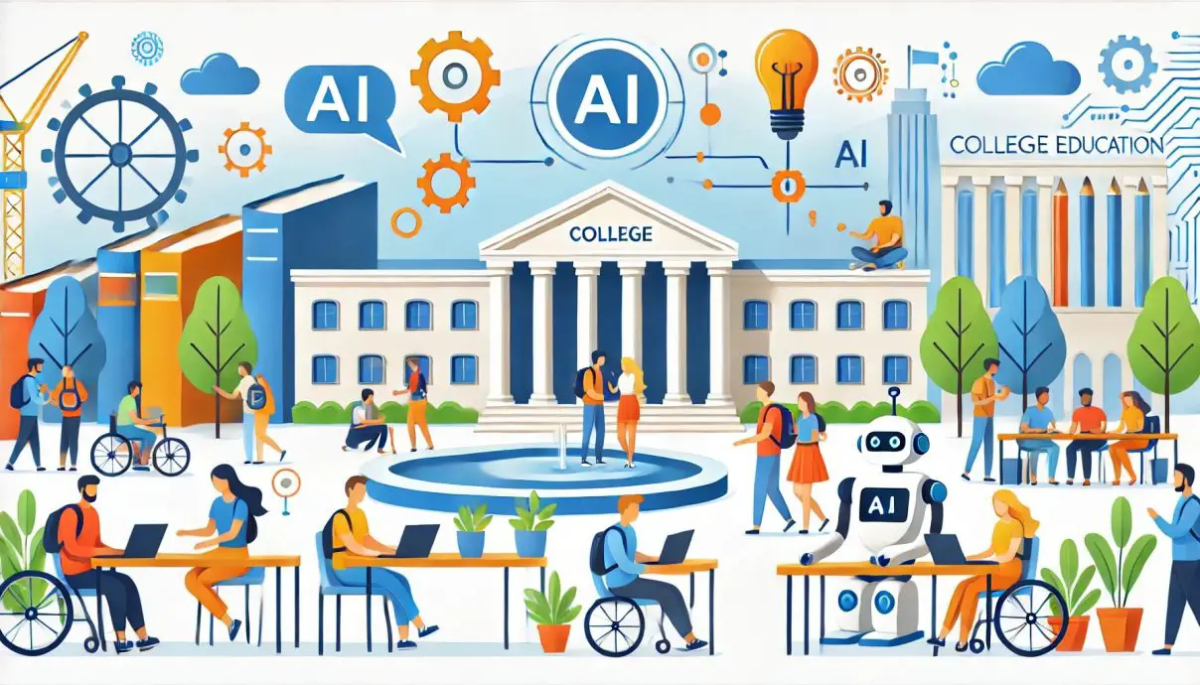














































































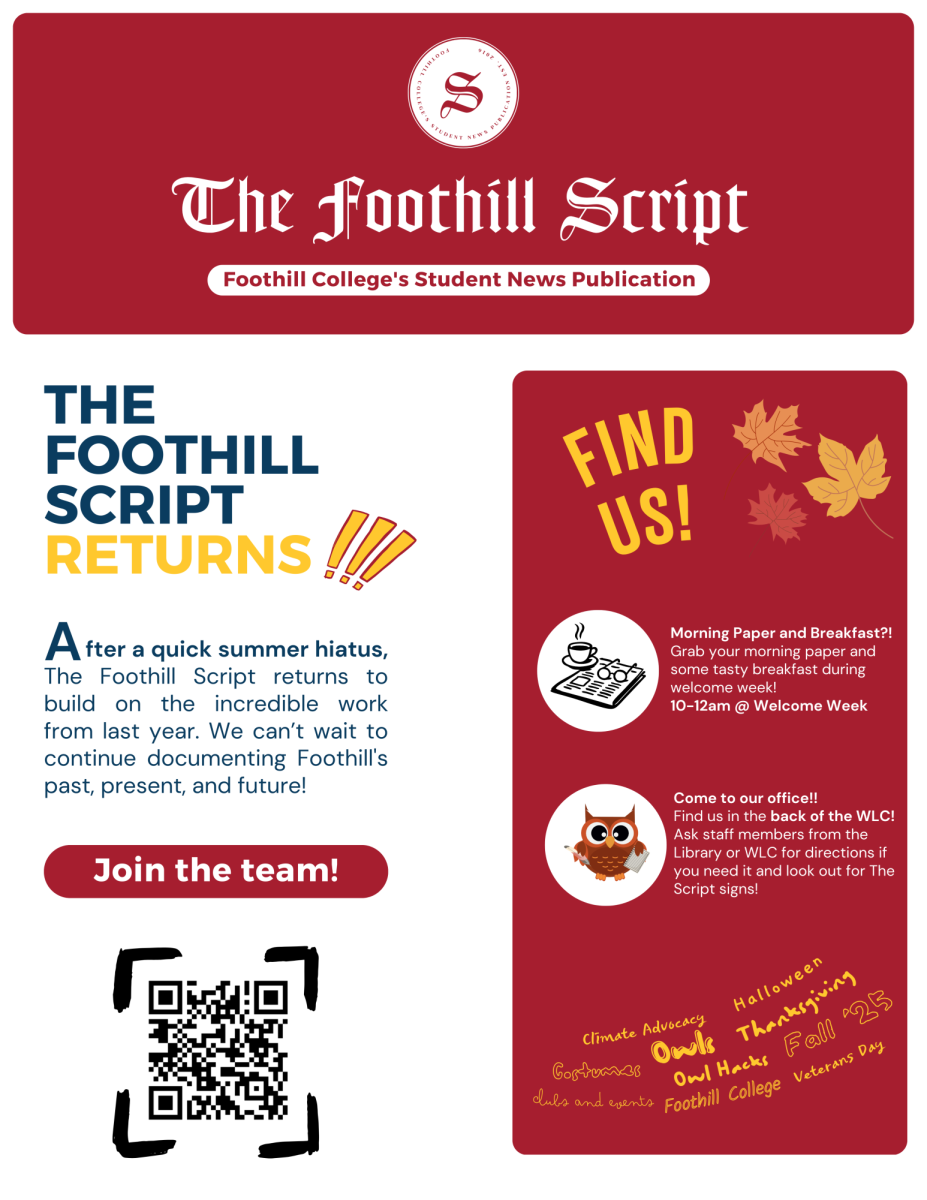




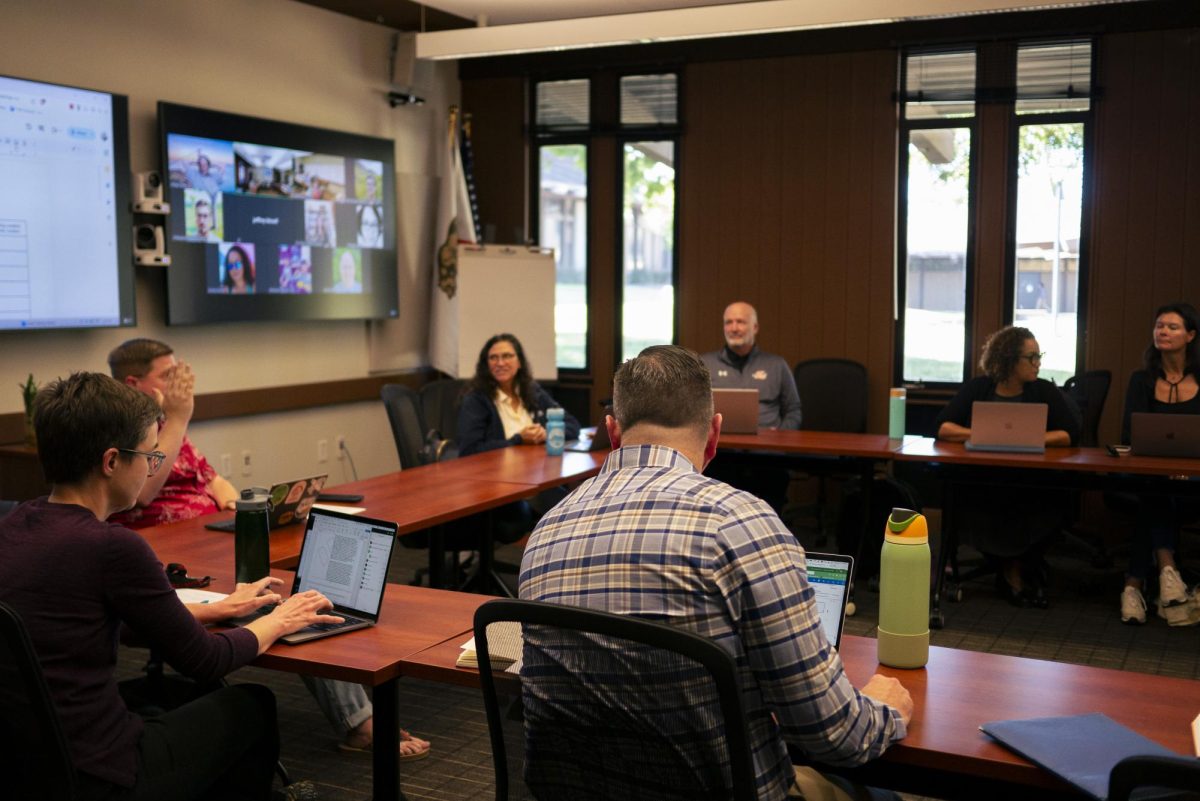
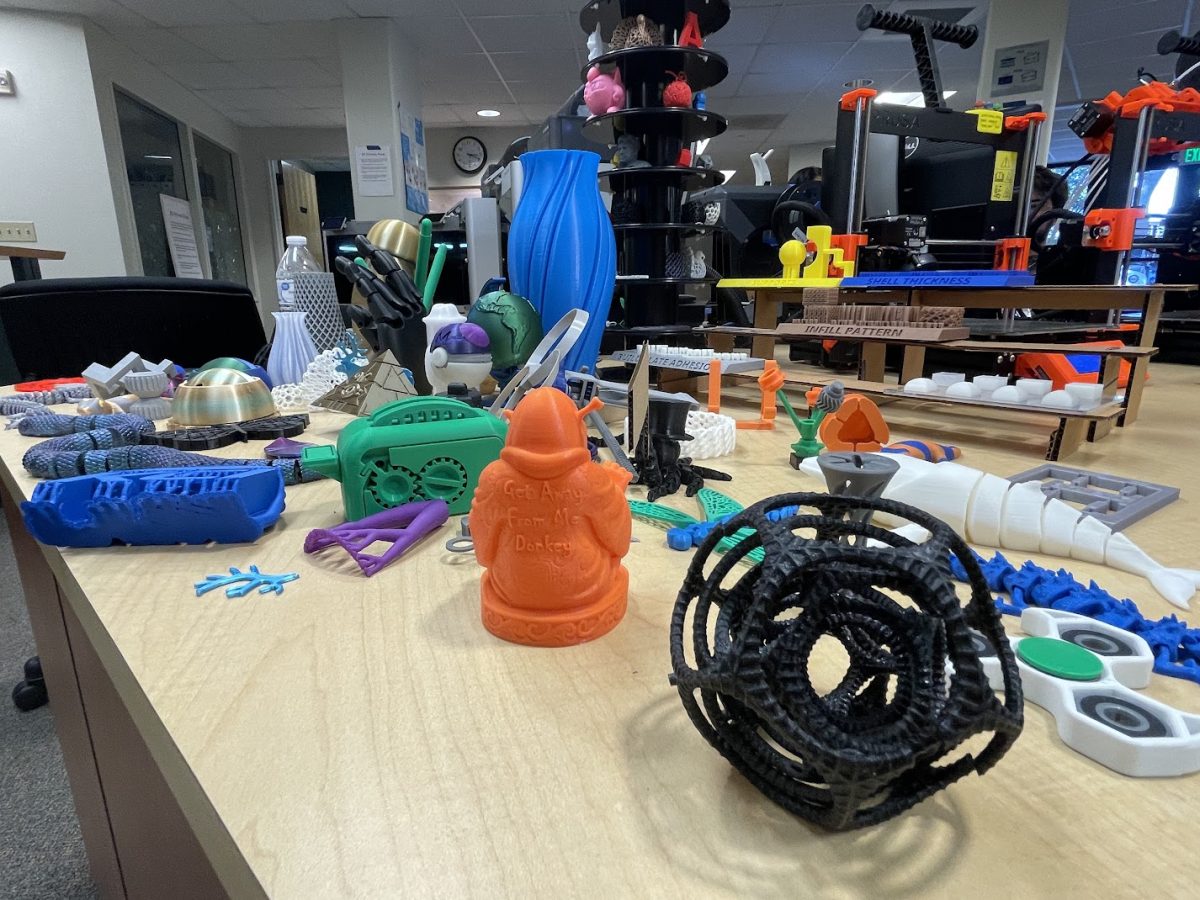

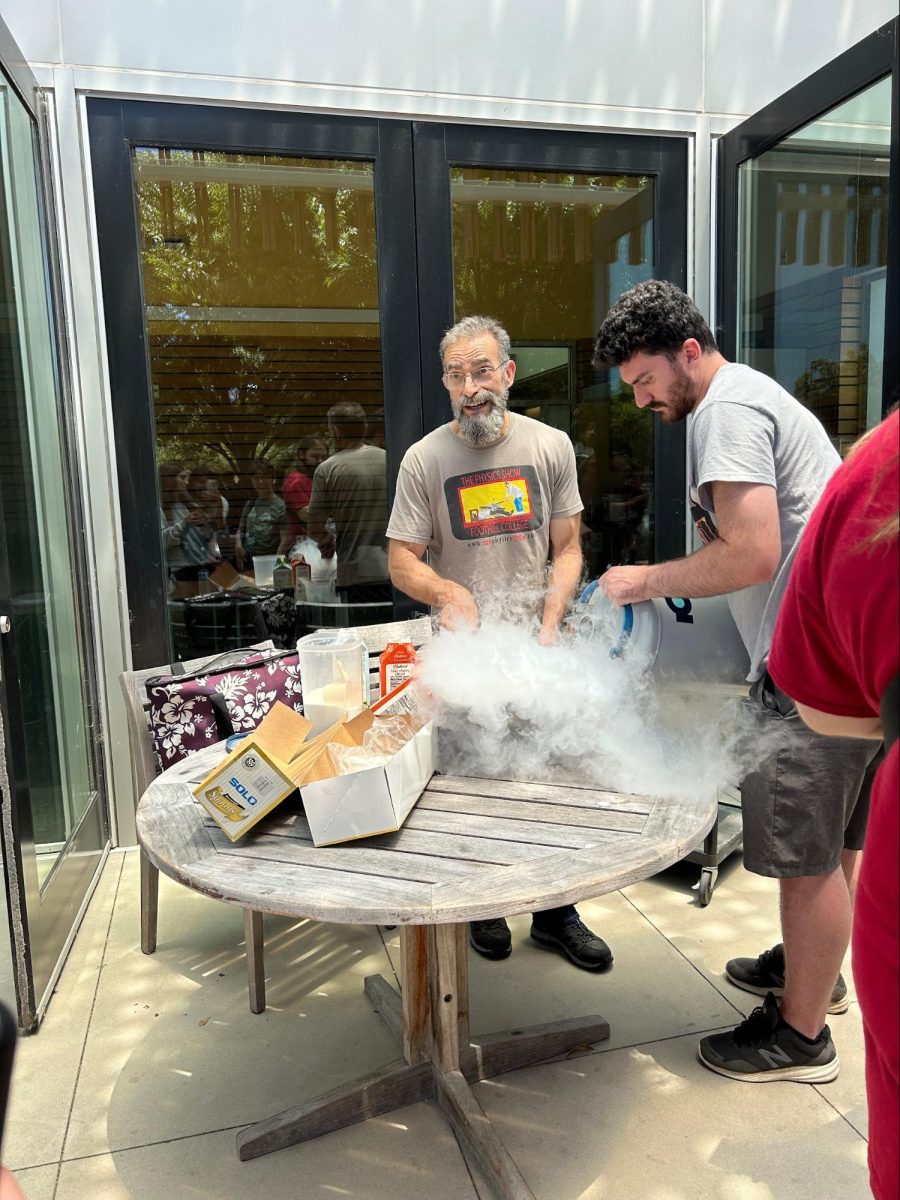
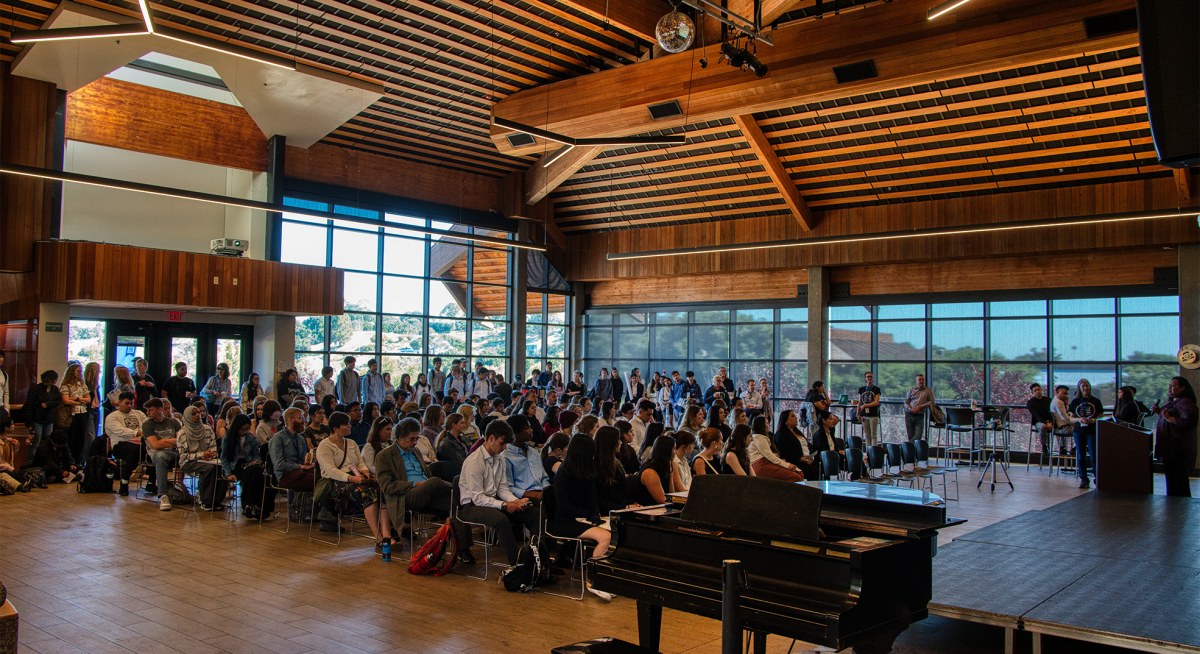

CINDY HART
Feb 11, 2025 at 8:55 pm
Hi Greg – As a 100% remote learning student, I appreciate your attention to the issue of distance learning accreditation. My personal opinion is that all distant learning classes should involve a type of “group” meeting at least once a quarter.
Some of our teacher have been creative in getting to know their students better and also allowing other students to know what group they are working with. For example Professor Mona Rawal who incorporated 2 minutes class videos into her humanities course about fairy tales.
We are still working on getting it right combining our in person beings with our digital selfs. A spirit of humbleness and exploration will help us eventually evolve, fighting against “black box” video engagement and the hiding behind group think and flow rather than having the courage to critically engage and take the lesser known POV if that POV is most accurate and leading to deeper engagement with the learning process.